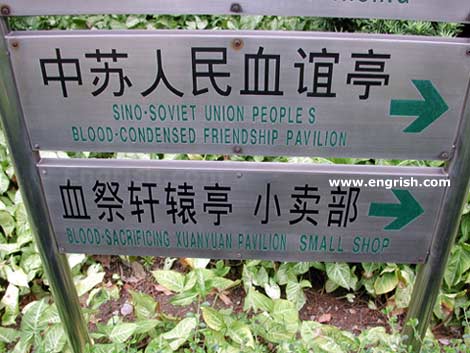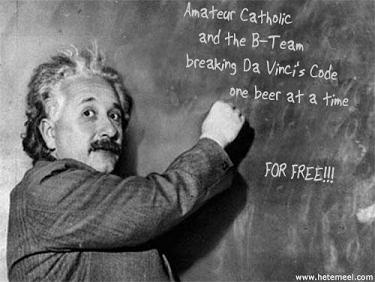Last night was so solemn, so symbolically rich, so very ... Catholic. And it struck right at my heart.
We had even more priests and seminarians than
last year. Reading back over that account, I was struck by just how differently I was impressed with things this year. Just as I needed to be.
For one thing, we were sitting in a different spot altogether, where the scent of the incense was blown over us the entire time by the ventilation. Normally I really don't like the way incense smells. However, this year, for the first (and possibly only?) time it smelled so good to me. I couldn't get enough of it. I had asked God for a word from this Mass. I got also the physical gift of holy scent.
We were sitting right in front of where the Holy Eucharist would be placed for adoration. Normally that is St. Joseph's spot. It is a good thing that he is so humble as whenever something special takes place off of the altar, he is moved away and that alcove is used. However, the votive candles were still burning. Occasionally my eyes would rest on them and I'd reflect on the many prayers that our community was lifting to God. I would send up one for their intentions.
Our priest gave his usual thoughtful, striking homily in ringing tones that also struck at my heart. He spoke of Jesus' power mentioned in the Gospel reading ... and reflected on how much power that we have and how we misuse it. He spoke of Judas, reminding us that while Jesus did the most lowly, shameful task (so shameful that no servant could be asked to do it) ... Jesus knew full well that Judas planned to betray him and still washed his feet. He mentioned later when Jesus, the host of the feast, gave the morsel dipped in the dish (a sign of full honor and respect) to Judas. Giving Judas that last chance, not to save Jesus himself, but for Judas to save
himself. How Jesus loved him still. How Jesus gave Judas every chance to turn aside. And how he loves us.
I was struck, as always, by the fact that attending Holy Thursday and Good Friday services makes Easter so much more meaningful because we are walking with Jesus. He is taking us with him on that hard, long road at the end. We feel it, we see it, we understand it just a little more.
Naturally, being me, this meant tears and sniffling several times. Also, naturally, being me, there was not a tissue to be found. Ah, unprepared and inelegant as always!
One interesting thing happened that was a very personal touch. Both species were distributed which is not the norm since we kneel at the altar rail for Communion. We still were kneeling but this meant that it took a bit more time. After a while I was, frankly, a bit bored so thought that I'd profitably use my time praying for general but personal intentions ... our business, our marriage, our daughters' abilities to discern their vocations in life.
Which made me muse about a "thought flash" I'd had several years ago that perhaps Rose would discern the religious life ... an in-the-world, working or teaching nun which would be her style. Of course, who knows how these things will turn out and quite often thoughts are just that and not a message from on high (as we all well know).
As these thoughts idly crossed my mind, what to my wondering eyes should appear but five
Missionaries of Charity, saris and all, walking up to the altar rail and kneeling right in front of us. They have a house in Oak Cliff but our church is not near there at all and we never see them. That is the very order which Rose had said once before that would be the one she'd join if she ever became a nun. She leaned over and whispered that again. I told her what I'd been thinking. She looked at me solemnly. I put my arm around her, squeezed her, and said, "No pressure though!" And we both laughed.
So does it mean anything? Only time will tell but it definitely was an interesting addition to Holy Thursday.




